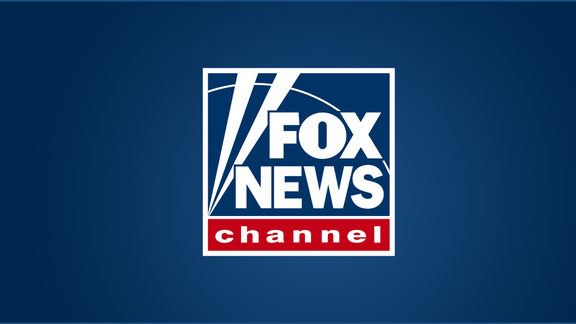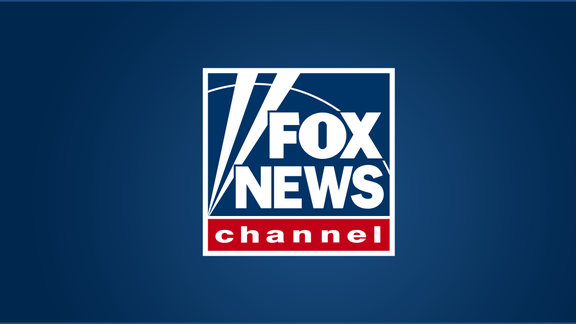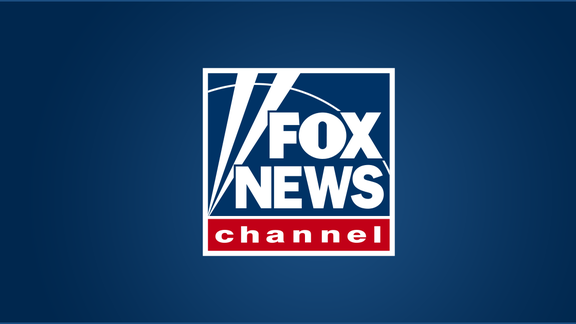Published March 25, 2012
| FoxNews.com
For all the lofty legal wrangling
that's expected at this week's historic arguments over President Obama's
health care law, the story of two families running their own business
helps boil the Supreme Court case down to its core.
Ariane Speck and her husband, Dustin, run a
small eatery in Evergreen, Colo. She's overjoyed the two-year-old law
allowed her husband to pick up health insurance even though he recently
had brain surgery.
"To have it all covered was the difference
between us losing our business, losing our homes, our employees losing
their jobs, our town losing this thriving business," Ariane said, after
her husband needed another operation. "It made all the difference."
The law means something else to John Nicholson, who owns a flower and gift shop with his wife in northern Virginia.
"I can't afford a whole fleet of lawyers to
handle all of the new regulations. I've got to handle that by myself.
That's a burden," he said. Nicholson says the old system wasn't perfect
but at least when he had a dispute with the insurance company, he said
he could take his business elsewhere. It's leverage he doesn't think
exists when dealing with federal bureaucrats.
This clash of opinions -- a disagreement at
its heart over whether the law's benefits are worth the added government
control -- will play out on the national stage this week. The Supreme
Court will dissect the constitutionality of the health care overhaul for
six hours over the course of three days and four cases.
No case has been given so much courtroom
attention by the justices in nearly half a century. The economic and
political ramifications of their decision could have repercussions for
decades to come. Nearly one-fifth of the economy is tied to health care,
and the reform legislation is the hallmark domestic accomplishment of
the Obama administration.
It is a rare and historic case, one that will impact most Americans and potentially a presidential race.
The ruling, expected in early summer, will
come about four months before voters decide whether to give Obama a
second term. Every Republican presidential candidate has spoken at
length to countless campaign audiences about wanting to repeal the law.
It's a guaranteed applause line.
Obama enjoys similar approval when he
defends the law in front of friendly audiences. Yet he gave it a passing
mention during his most recent State of the Union address and let
Friday's two-year anniversary pass with only a paper statement: "Today,
two years after we passed health care reform,
more young adults have insurance, more seniors are saving money on
their prescription drugs, and more Americans can rest easy knowing they
won't be dropped from their insurance plans if they get sick."
Perhaps the relatively modest outreach from the White House
makes sense given that poll numbers consistently show Americans aren't
thrilled with the law. A recent Fox News survey found that most voters
want all or some of the 2,700-page law repealed, including 63 percent of
independents. A majority of them also give Obama poor marks for his
handling of health care.
Roadmap to the Supreme Court Hearings
The landmark hearings will be broken up over the course of three days.
Monday's opener is sure to be a letdown for
people looking for a battle royal over health care because the 90-minute
argument -- cases before the Supreme Court usually only last an hour --
has absolutely nothing to do with the federal government's involvement
in regulating how health care is administered. Rather, it examines
whether an obscure tax law passed during Reconstruction prohibits challenges to the Affordable Care Act (ACA).
That statute says no lawsuit can be filed
challenging a tax provision -- in this case, the individual mandate
requiring Americans to buy health insurance -- until after it's been
implemented. All parties in the cases before the Court agree that the
1867 Anti-Injunction Act isn't applicable to the health care law. But
one lower appellate court ruled otherwise and a prominent federal judge
in Washington D.C. also said the current lawsuits against the
controversial law must wait until someone has actually been forced to
pay a penalty. That will not happen until 2015.
It's a preliminary issue the high court
wanted to resolve, which is why it's the first case, but some people
familiar with the Court's docket think it's unlikely the justices will
ultimately issue a ruling saying the lawsuits will have to wait.
Instead, the thinking goes, they will be eager to move on to the merits
of the challenge which are addressed in the week's other cases.
If the Court eventually issues a blockbuster
constitutional ruling, it will come from Tuesday's arguments about the
individual mandate. The dispute is over the central provision of the law
requiring near-universal participation in the new health insurance
system.
The government argues it has the regulatory
power under the Commerce Clause to force people to buy health insurance,
even if they don't want to, because all people must at some time
purchase health care and therefore are in the marketplace. "The
Affordable Care Act expands access to health care services and controls
health care costs by reforming the terms on which health insurance is
offered and rationalizing the timing and means of payment for health
care services," Solicitor General Don Verrilli wrote in his brief to the
Court.
Opponents of the law maintain the breadth of
the powerful Commerce Clause does not also allow for the government to
force people into commerce. It's something they argue the Founders would
never have approved of and wonder why, if constitutional, Congress has
never before used this authority given the crises of past generations.
"The only explanation for the utter absence of comparable mandates is
the utter absence of constitutional authority," lawyer Paul Clement
wrote on behalf of the 26 states challenging the law.
The arguments will also feature discussion
over whether other parts of the Constitution, including the Necessary
and Proper Clause and Congress's taxing power, gives the government
cover for the health care law.
Wednesday will be the only day with two
cases. The morning argument examines whether other parts of the law will
be preserved if the mandate is struck down. Various courts below
reached different conclusions and the Supreme Court, if it strikes down
the mandate, will have to determine whether to keep some, none, or all
of the rest of the law in place.
The afternoon case focuses on the expansion of Medicaid
to increase coverage for poorer Americans. The states say costs
associated with the expansion will be too much for their treasuries.
They also object to the nature of the mandate from Washington saying
lawmakers have turned Medicaid away from a federal-state partnership
into a compulsory program.
Verrilli says the new Medicaid provisions
are fully in line with the original workings of the program. He also
points out that for the first couple years the federal government will
fully pay for all costs associated with the expansion and then after
2020 Washington will cover 90 percent of the costs. That's a greater
percentage than the current contributions from the federal treasury.
After Wednesday's arguments the justices are expected to take the next three months to write their opinions.
"I think they wish they weren't in the
political eye of the storm," Chapman University Law Prof. John Eastman
said in a phone interview. "(But) now that they are, they are going to
do their job as in any other case."
How Did We Get Here?
The case, for all the reams of judicial
decisions and court filings, started with a seemingly simple concept --
that insurance companies should cover more people, for more ailments and
reduce the costs associated with health care.
Key features of the controversial law
include provisions designed to force insurance companies to extend what
is called "minimal essential coverage" to all Americans -- regardless of
past medical histories -- and to charge premiums on a more equal basis
to all customers.
To balance those enormous additional costs
(an estimated 30 percent increase in premiums) Congress added a
provision, known as the individual mandate, forcing everyone to obtain
private or government-administered insurance, thus increasing the amount
of people paying into the system. Some smaller aspects of the law have
already taken effect while the mandate is scheduled to start in 2014.
Political wrangling over the details of the
bill played out for months after the president's inauguration and into
2010. The biggest drama was in the Senate, where controversial
provisions were added to entice (opponents of the law would say bribe)
wavering lawmakers to vote for the law. Debate was eventually halted
without a vote to spare, thus allowing the chamber to pass the measure.
But before the Senate bill could be combined with the different House proposal, a special election in Massachusetts put Republican Scott Brown
into office. Brown won largely because of his stand against the law and
took away the key vote Democratic leaders needed to easily get the law
to the president's desk. Brown's election also set the stage for huge
Republican victories later in 2010. Eventually, the House bill was
abandoned and through various parliamentary maneuvers, also
controversial, the bill passed both bodies and was sent to the White
House for Obama's signature.
The legal challenges to what's derisively
called "ObamaCare" were filed just hours after it became law. Dozens of
lawsuits have worked their way through the federal courts to become the
four cases now pending before the Supreme Court.
While flower shop owner John Nicholson hopes
the law is struck down, a final resolution from the high court is what
he really wants.
"I hope they make a decision yea or nay, I
don't care which way, but get it resolved so we can then have this
country get back to a little bit more cheerful attitude because that's
going to help my sales. And that's really my bottom line," he said.


















